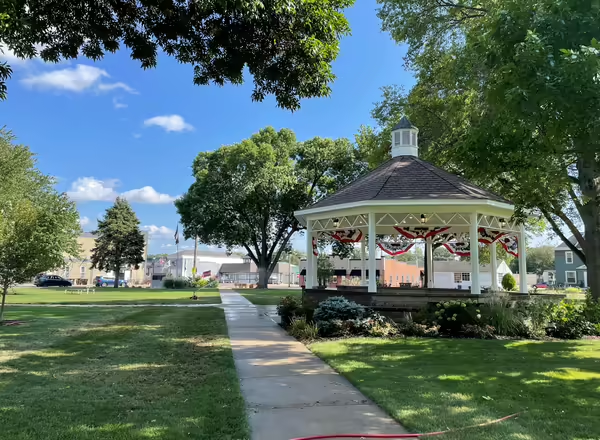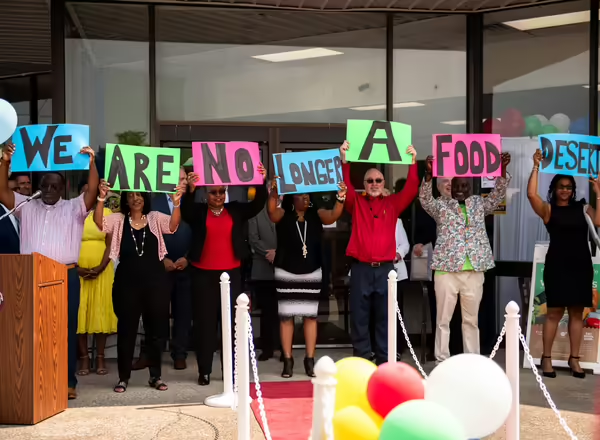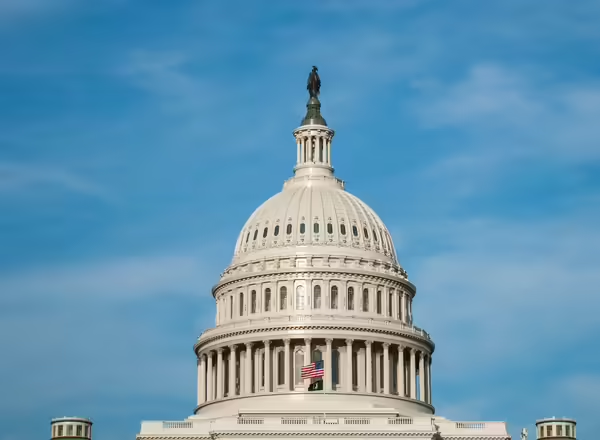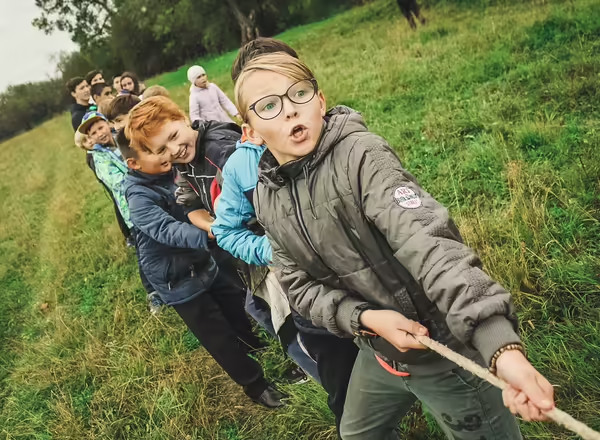North Central Regional Center for Rural Development (NCRCRD) is one of four Regional Rural Development Centers in the United States. NCRCRD’s work links the research and educational outreach capacity of our region’s 34 land-grant universities with our region’s communities, local decision-makers, entrepreneurs, families, farmers, and ranchers to help address a wide range of development issues unique to our region.
Each year, Illinois Extension’s Community & Economic Development team reports successes to the NCRCRD to be included in their annual report. Following are the results for Illinois Extension from the latest impact report.
NORTH CENTRAL REGION COMMUNITY DEVELOPMENT IMPACT REPORT
Total program participants 17,430
BIPOC* participants 3,561
Number of participants reporting new leadership roles & opportunities 140
Number of business plans developed 12
Number of community or organizational plans/policies developed 32
Number of community or organizational plans/policies adopted/implemented 33
Number of businesses created 3
Number of jobs created 48
Number of jobs retained 50
Dollar value of volunteer hours leveraged to deliver programs $73,163
Dollar value of organization and/or community generated volunteer hours $102,632
Number of volunteer hours for community generated work 3845
Dollar value of efficiencies & savings $35,000
Dollar value of grants and resources leveraged/generated by communities $26,710,973
Dollar value of resources leveraged by businesses $25,000
*Black, Indigenous, and people of color

Mark C. White, Ph.D., Clinical Associate Professor with the University of Illinois has just released a paper on Rural Vitality in Northern and Central Illinois
Rural communities in northern and central Illinois face many challenges—out-migration, an aging population, an over-reliance on large employers—but just because these rural communities are changing, does not mean that they are withering. While the pandemic created many challenges for rural communities, it also led to a renewed interest in entrepreneurship and greater opportunities for remote work. Using focus groups, individual interviews, and a survey of community leaders, this project sought to better understand the most pressing issues and challenges currently facing rural communities throughout northern and central Illinois. The resulting report highlights what those community leaders think about the issues that most affect their community’s overall vitality.

The new Rise Community Market is an inviting, accessible, and co-operatively owned grocery store in Cairo, which celebrated its grand opening with a special event that honored this uncommon partnership of local leaders, shareholders, volunteers, granting organizations (including the University of Illinois Foundation; Illinois Restore, Reinvest, and Renew (R3); and Builder’s Initiative), Western Illinois University’s Illinois Institute for Rural Affairs, the UI System’s Illinois Innovation Network, and University of Illinois Extension’s SNAP-Ed program.
Cairo, and other communities that face food scarcity represent a national trend where decreasing population densities, income inequality, and transportation challenges, lead to low-access to quality nutrition. Extension Educator, John Shadowens has been a collaborator throughout the evolution of the project...more

Illinois Extension's Local Government Education (LGE) programs help communities build capacity for innovative and informed decision-making to enhance quality of life for residents. Webinars are offered at no cost and can be viewed on-demand. In 2024, 91 educational sessions and webinars were produced, reaching over 13,000 professionals across all 102 counties in Illinois. Various program outcomes from these efforts resulted in increasing community involvement and leadership, promoting equity, enhancing economic investment, and supporting community resiliency. Nancy Ouedraogo, Extension Specialist, said on average, over 90% of poll-takers during these sessions reported improved knowledge on various topics in local government and community and economic development.

The community planning process for Mercer County, Illinois started in 2015, and was guided by University of Illinois Extension. The focus was on civic engagement and organizational development. Throughout the county, Extension worked with community organizations to host eleven community forums, with nearly 800 county residents attending. Community volunteers helped facilitate meetings, raise funds, promote the process, analyze data, and collect stories from residents about their history in Mercer County. They also connected with residents through online surveys, a Facebook page, and a new website. Through these efforts, residents shared their perspectives on potential projects, strategies and goals that Mercer County: Better Together could pursue. Watch how Mercer County is better together. Connect with Russell Medley for more information.

Developing the Creative Economy was designed for community leaders and economic development professionals who want to tap into the creative talent in their communities to build viable businesses, adding to household income for the entrepreneur and increasing economic activity in the community. The program helps community leaders expand economic and entrepreneurial activity by developing a culture that appreciates and supports the creative talents of residents, including those living in low-resource households. Creative entrepreneurs include artists, designers, musicians, boutique retailers, specialty food producers and other creative enterprises. For more information about the program contact Susan Odum or Valerie Belusko

Extension worked with the Illinois Association of Agricultural Fairs to conduct a study of the economic impact of county agricultural fairs. The study surveyed nearly 5,000 fair attendees across the state, conducted 33 key informant interviews, and reports that $170M was spent as a result of the 104 fairs in Illinois. $90 million of these transactions occurred directly in the state economy, demonstrating the significant impact of fairs on local communities. Connect with Zach Kennedy for more information.

University of Illinois Extension partnered with area high schools in Southern Illinois on an initiative aimed at helping our next generation of community leaders understand the correlation between spending money locally and the sustainability of their local economies. Connect with Susan Odum for more information.

University of Illinois Extension & the Small Business Development Center at Black Hawk College organized the Henry and Stark Counties Fast Pitch Competition. Results included seven businesses receiving business consultation, six new start-ups initiated, three new business loans, and 10 jobs created or retained. Connect with Russell Medley for more information.